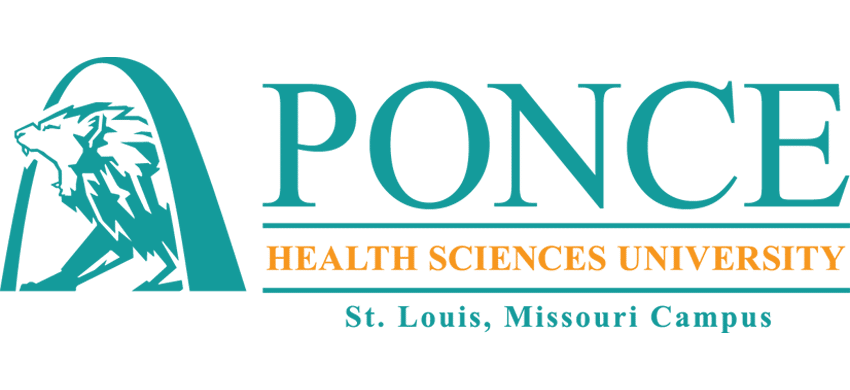At Ponce Health Sciences University St. Louis, we are answering a need in the community by preparing more students for jobs in healthcare with a culturally-competent education.
As the first satellite campus of Ponce Health Sciences University in Puerto Rico, we aim to create real-world opportunities for aspiring medical professionals and clinical psychologists. St. Louis became our new home to fill the growing need for professional psychologists and physicians to serve a diverse population. We’ll answer that call for more medical professionals by continuing to grow our degree programs in St. Louis.
This will continue our mission to lift up students who come from historically underrepresented backgrounds in health sciences with quality education so they can excel in needed medical positions around the country.




